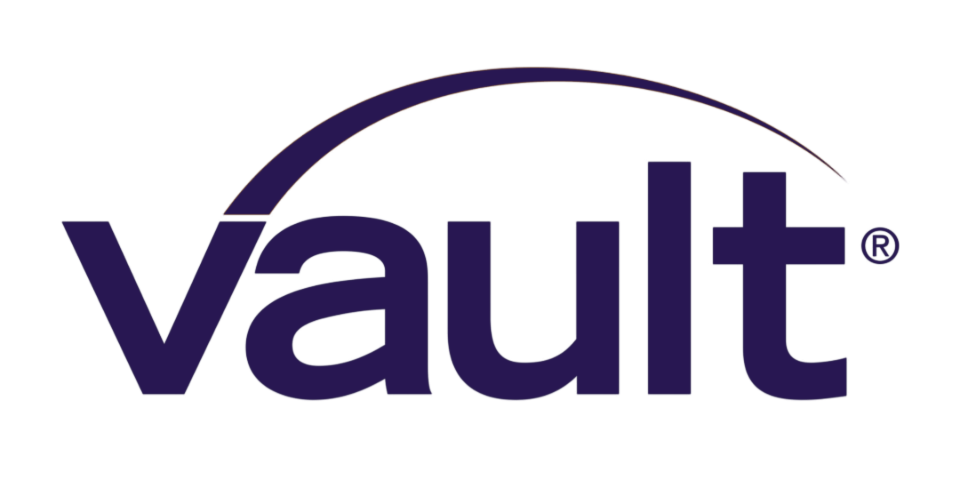Table Of Contents
What is Pregnancy Disability Leave?
Pregnancy Disability Leave (PDL) is a type of leave provided to employees who are unable to work due to pregnancy-related conditions, childbirth, or related medical conditions. This leave allows pregnant employees to take time off to recover from childbirth and manage any pregnancy-related health issues without the fear of losing their jobs or income.
Key Components of Pregnancy Disability Leave
Definition
Pregnancy Disability Leave is intended to support employees during one of the most critical periods of their lives—pregnancy and childbirth. This leave ensures that employees have the necessary time off to deal with pregnancy-related conditions, recover from childbirth, and take care of their health. PDL helps reduce the risk of complications and promotes a healthy recovery period, contributing to the overall well-being of both the mother and the baby.
For example, an employee experiencing severe morning sickness or other complications may need to take PDL to ensure they can rest and receive appropriate medical care without the added stress of work obligations.
Purpose of Pregnancy Disability Leave
- Physical Recovery: PDL allows employees to recover from the physical demands of pregnancy and childbirth, including morning sickness, bed rest, prenatal care, delivery, and postpartum healing.
- Medical Conditions: PDL covers pregnancy-related medical conditions, such as gestational diabetes, preeclampsia, or postpartum depression, that may require time off for treatment and recovery.
- Job Protection: PDL ensures that employees can return to their jobs after their leave period without fear of losing their position or benefits.
See also: Countries With the Best Maternity and Paternity Leave
Eligibility and Application Process
Eligibility for PDL typically requires a medical certification from a healthcare provider confirming the pregnancy and the need for time off due to a pregnancy-related disability. The application process may involve notifying the employer, submitting medical documentation, and completing any required paperwork.
Duration
The duration of PDL can vary, with some employers offering a set number of weeks and others providing more flexible arrangements based on individual medical needs.
In the United States, the Family and Medical Leave Act (FMLA) provides eligible employees with up to 12 weeks of unpaid leave for pregnancy-related conditions and childbirth.
Find out more in our blog article about FMLA: What is the Family and Medical Leave Act (FMLA)?
State Leave Laws
Additionally, some states have specific laws that mandate PDL with varying durations and conditions. For instance, California offers up to four months of PDL for employees disabled by pregnancy, childbirth, or related medical conditions.
Benefits of Pregnancy Disability Leave
Pregnancy Disability Leave (PDL) offers numerous advantages for both employees and employers:
For Employees
- Health and Well-being: PDL allows employees to prioritize their health and well-being during pregnancy and the postpartum period, ensuring adequate time for rest, recovery, and medical care.
- Reduced Stress: By providing job protection and financial security, PDL reduces stress and anxiety for expectant and new parents, allowing them to focus on their health and their growing families.
- Financial Security: Paid PDL, through state disability insurance or employer-provided benefits, can help alleviate financial concerns associated with time off work due to pregnancy-related disabilities.
- Family Bonding: PDL enables new parents to bond with their babies and establish healthy routines during the critical early months of development.
For Employers
- Talent Retention: Offering PDL demonstrates a commitment to employee well-being and can help attract and retain top talent.
- Increased Productivity: By supporting employees during pregnancy and postpartum, employers can expect a more engaged and productive workforce upon their return.
- Positive Workplace Culture: Providing PDL fosters a supportive and inclusive workplace culture that values employees’ health and family needs.
- Legal Compliance: Adhering to PDL laws helps employers avoid potential legal disputes and penalties associated with discrimination or pregnancy-related disability claims.
Get the latest leave tracking updates
Join our monthly newsletter featuring curated HR content, with a special focus on leave tracking.
You have subscribed successfully.
Loved by teams at






